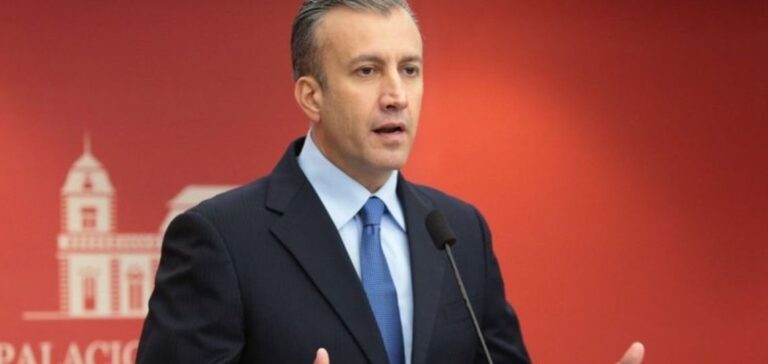Tareck El Aissami, former Venezuelan oil minister, was arrested on April 9 following accusations of corruption within PDVSA, the state-owned oil giant. The Attorney General, Tarek William Saab, claims that the former minister ran a “media extortion structure” to attack the authorities and influence media publications. According to Saab, the journalists involved demanded between $30,000 and $100,000 to withdraw or tone down publications critical of El Aissami. The aim would have been to manipulate public opinion and slander opponents. This case echoes the measures put in place by the country to fight corruption.
Reaction from accused journalists
The journalists accused by Saab categorically deny these allegations. Edwald Scharfenberg, editor-in-chief of ArmandoInfo and one of the people quoted by Mr. Saab, calls the accusations “a clumsy and malicious smear campaign”. According to Scharfenberg, their work often targeted Lopez, El Aissami and PDVSA, revealing numerous irregularities.
“Nothing could be more absurd and implausible. We have written dozens of articles on Lopez, El Aissami and PDVSA’s irregularities (…) I denounce this clumsy and malicious defamatory maneuver.”
Roberto Deniz, also named in the charges, speaks of an attempt to criminalize their investigative work. “It’s a criminalization of the work we’ve been doing for years.”
ArmandoInfo journalists went into exile in 2018 after lawsuits launched by Alex Saab, an intermediary for the Venezuelan government. They had uncovered irregularities in the state’s food distribution program. This event provoked a violent reaction from the authorities.
The role of cryptocurrency and corruption
Also involved in terrorism cases, El Aissami is implicated in a cryptocurrency-based oil sales network. This system was initially designed to circumvent US sanctions. However, it led to an estimated embezzlement of $17 billion. More than 60 people were arrested in this case. Venezuela’s use of cryptocurrencies was an attempt to resist international sanctions. But this strategy has led to abuses and the emergence of extortion and corruption networks. The Caracas government is struggling to deal with the repercussions of the scandal.
Saab’s allegations highlight the climate of political and economic instability in Venezuela. The cross-accusations between ArmandoInfo journalists and the authorities reflect a deeply polarized media landscape. The fight against corruption, combined with media transparency, remains a crucial challenge for the country’s future.






















